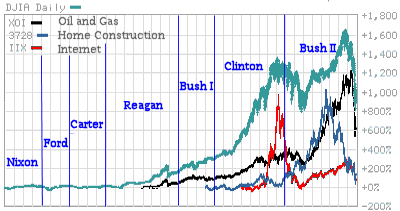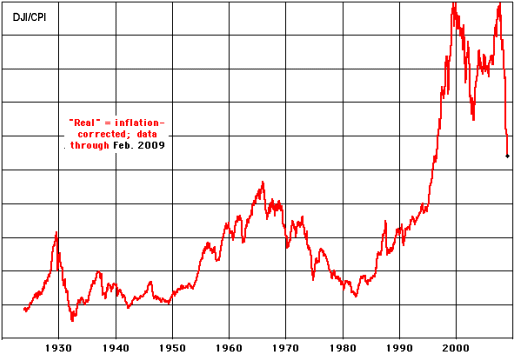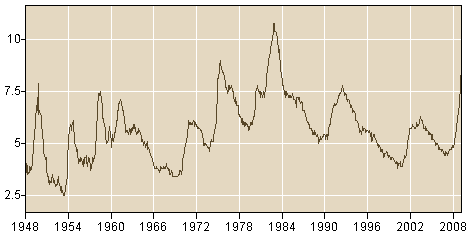Hedge fund assets continued to decline in first quarter, says HFR
Fri, 08 May 2009
Investors continued to withdraw capital from hedge funds in the first quarter of 2009, redeeming nearly USD104bn, according to data released by Hedge Fund Research.
The USD104bn redemption figure amounted to 7.4 per cent of industry assets, but did not exceed the record for a quarterly withdrawal set in 4Q 2008, when investors withdrew over USD152bn from the hedge fund industry.
Indicative of continued investor pressure, withdrawals from the fund of hedge funds industry totalled USD85bn for the quarter, exceeding the 4Q 2008 redemption total of USD50bn, and accounting for the majority of capital withdrawn from the total hedge fund industry. Funds of hedge funds, which experienced a record performance decline of -21.3 per cent in 2008, posted a performance gain of 0.47 per cent in the first quarter, in line with overall industry performance.
Partially offsetting the industry asset decline, the HFRI Fund Weighted Composite Index posted a gain of 0.53 per cent for the quarter, resulting in a performance-based gain for the industry of approximately USD28bn. This figure is in sharp contrast to the performance-based losses of more USD162bn which occurred in 4Q 2008, during which the HFRI Fund Weighted Composite lost over nine per cent.
Total hedge fund industry capital declined to USD1.33trn as of the end of 1Q09, USD600bn below the industry asset peak at the end of 2Q08 and USD75bn below the year-end 2008 asset total. Capital invested in funds of hedge funds declined to just over USD525bn, USD300bn below its peak, also achieved at the end of 2Q08 and USD68bn below the year-end 2008 level.
Investor withdrawals continued to exhibit a lack of sensitivity to strategy performance, as USD16bn was withdrawn from macro strategies, an area which gained nearly five per cent in 2008. Investors also withdrew USD27bn from relative value strategies, a strategy which posted a gain of nearly 4.5 per cent in the first quarter.
The strategy that experienced the largest capital redemption was equity hedge, which had USD35bn of capital withdrawals, despite posting a gain of nearly three per cent in March, the strategy’s strongest month since October 2007.
‘Extreme investor risk aversion subsided into the end of the first quarter, but remained at elevated historical levels as industry consolidation continued through quarter end,’ says Kenneth J. Heinz, president of Hedge Fund Research. ‘In addition to performance, investors are focused on structure and transparency, and the industry is in the process of evolving to meet these demands.’
Derivatives Regulation Becomes a Popular Law School Offering
ABA Journal
May 8, 2009
By Debra Cassens WeissThe financial meltdown has spurred interest in derivatives classes among law students interested in learning about the origins of the crisis and hoping to tap into an expanding job market for lawyers well-versed in financial regulations. New York Law School has seen so much interest in its derivatives course that is developing plans for a new masters in law program in financial services that will include eight separate classes, Reuters reports.
Stanford Law School is offering a course on derivatives for the first time next year, while demand for a derivative law class has more than quadrupled since 2007 at the University of Maryland, the story says. Max Romanik is a University of Maryland law student who is studying derivatives. He will be working this summer for the Commodity Futures Trading Commision.
"It’s a great experience when the professor can walk in with a statute that came off the presses that day. You don’t have to study bizarre hypotheticals,” he told Reuters. “The real world is happening all around you right now."



Unemployment 1948-2009
Looks to me like we have a spike in unemployment about every six years. And then we do what I’ve been doing – carefully look at the BLS monthly reports waiting for things to turn around. I guess it’s similar to the upside – we think it might never end. Unlike our seasonal weather, the changes in our economy always take us aback, as if they had never happened before.
So back to the two articles above. One is about the Hedge Funds and the other about Derivatives. These are two additions to our economy over the last decade or so. They are both tied together and separate in practice – but they are intimately welded together in that they operate in that netherland called THE LAND OF THE UNREGULATED and they both involve RISK. Hedge Funds originally used strategies of buying "long" and "short," avoiding risk by making profit on both rising and falling stock – "hedging their bets." But their strategies have blossomed and who-knows what exotic levels their methods have reached. They’re professional gamblers. And Derivatives? They’re simply a betting parlor where people buy and sell contracts on what they think might happen to almost anything. I’m sure there were derivatives based on the unemployment figure that came out this week. There were probably derivatives betting on when the housing bubble would burst.
What’s going to happen? Anyone following our recent economic debacle knows that this kind of nonsense cannot continue. But the people involved loved it, and would gladly fly back into the light if it comes back on. And those big Banks that jumped on board – the ones we are now financing – would too. And there are plenty of Bernard Madoffs out there ready to opportunize on the secrecy that this blackmarket financial industry thrives on to put together a really sophisticated Ponzi scheme in its cracks.

Sorry, the comment form is closed at this time.